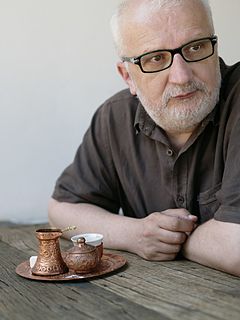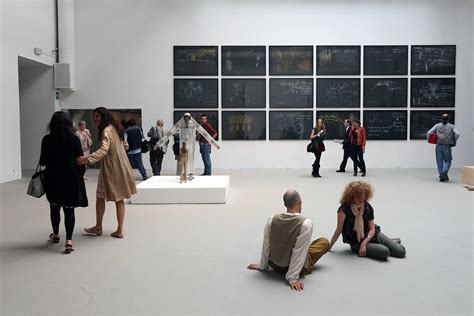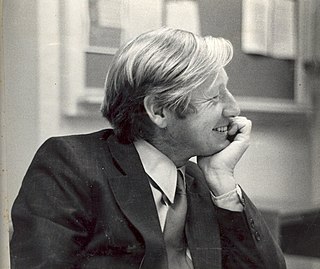A Quote by Gary Jennings
In the 20th century alone, there have been 1,600 books about the circus. My adding one more would be superfluous unless I do something totally new and different.
Related Quotes
The different American experience of the 20th Century is crucial because the lesson of the century for Europe, which essentially is that the human condition is tragic, led it to have a build a welfare system and a set of laws and social arrangements that are more prophylactic than idealistic. It's not about building perfect futures; it's about preventing terrible pasts. I think that is something that Europeans in the second half of the 20th century knew in their bones and Americans never did, and it's one of the big differences between the two Western cultures.
I was really interested in 20th century communalism and alternative communities, the boom of communes in the 60s and 70s. That led me back to the 19th century. I was shocked to find what I would describe as far more utopian ideas in the 19th century than in the 20th century. Not only were the ideas so extreme, but surprising people were adopting them.
When I would sell encyclopedias, I would drive down the road looking for a house with a swing set in the back, and I'd say, "Oh, those folks got kids. They need some books." I'd knock on their door and sell them a set of encyclopedias, and those books were from $300 to $600. I'd look around the house, and if there wasn't that much furniture in the house, I felt a little bad about selling a $600 set of books to people who couldn't afford a couch. So I didn't last at that job very long.
Our culture is hung up on and overemphasises what can be derived from material objects. I think this is something quite new, over the past 200 or 300 years - that life has become about accumulating material wealth. The 21st century is not about accumulating material wealth like the 20th century. It's already eroding.
D-Day represents the greatest achievement of the american people and system in the 20th century. It was the pivot point of the 20th century. It was the day on which the decision was made as to who was going to rule in this world in the second half of the 20th century. Is it going to be Nazism, is it going to be communism, or are the democracies going to prevail?



































